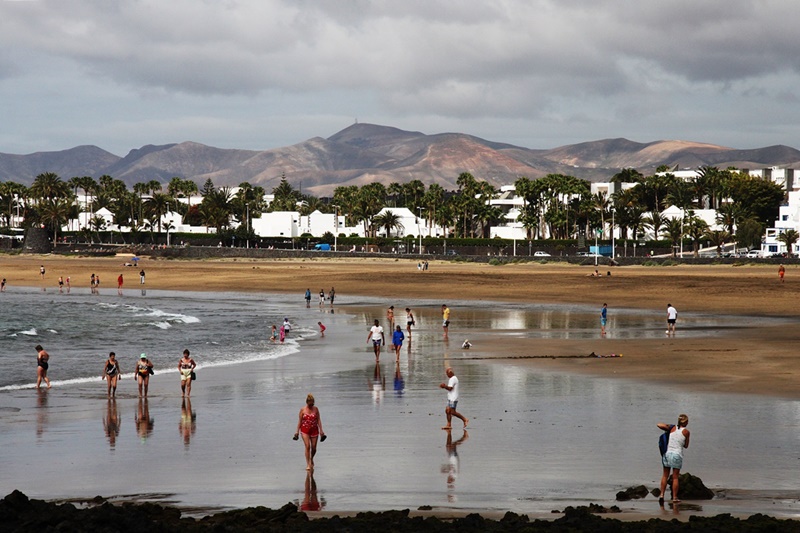The Ministry of Tourism, Industry and Commerce of the Government of the Canary Islands has admitted, this Tuesday at the extraordinary meeting of the Executive Commission of the Spanish Council of Tourism, that a panorama of “special gravity” is foreseen for the Canarian economy by the zero tourism caused by the Covid-19, a situation that is expected to last over time, given the high dependence of the Canary Islands on the European sending countries . This means that the Canary Islands will lose 80% of tourism this year and will suffer a reduction of almost a 30% of regional GDP. The high dependence on the foreign client, estimated at 87% of the demand, and the advance of the disease worldwide have made the Canary Islands Tourism revise the forecasts for the start of the recovery and places them already in 2021and in more than a year, what it will take for the total reopening of the sector.
Castilla proposed to the Minister of Industry, Commerce and Tourism, Reyes Maroto, within this meeting, a series of extraordinary measures to achieve an early exit from the economic and social crisis in which the islands are immersed, as a consequence of the situation derived from the world health emergency produced by Covid-19.
The regional head of Tourism supported her requests with a previous presentation of the latest economic forecasts made by the Department of Studies and Research of the public company Turismo de Canarias, which have become even more serious these days. As he said, “the situation at the moment due to the advance of this health crisis worldwide is very changing, which means that we are updating the scenario of impact of Covid in the tourism sector and everything points to that, apart from a slight opening for this summer (which we do not believe will exceed 10% of the accommodation supply to meet some local demand affected, in addition, by a loss of purchasing power), this total half-closure will continue until the end of the year and the start of the recovery will be delayed until 2021 “.
In this scenario, the arrival of foreign tourists this year to the Canary Islands would be around 3 million people, with a drop of 80%, and more than 12,000 million tourist turnover would be lost (3,200 in the hotel sector). The impact of all this on the Canary Islands GDP would be clear: it would drop by 28% .
Furthermore, with this scenario, total employment in the tourism sector would be reduced by an annual average of about 133,000 places.
Along with the requests already made by the Canary Islands for the sector to enable greater aid and liquidity to tourist companies and the extension of the ERTEs after the end of the state of alert, or the contribution of pending funds from the State for the modernization of the spaces tourism and reactivate the construction sector in passing, the Canary Islands Ministry of Tourism also added the request for a state travel plan (a kind of Imserso extended to all groups).
Within the strategic measures that are designed by the Ministry of Tourism to relaunch the sector, Castilla placed special emphasis on the Minister and Secretary of State for Tourism on “the need for financial and institutional support by the State to convert the Islands The Canary Islands in a world tourist security laboratory, establishing a line of direct subsidies for updating and modernizing security in the Canary Islands for the entire tourist value chain, updating it to the new current context, and as a laboratory for subsequent actions in the rest of the National territory.
As he explained, “the current crisis calls for the tourism system to have to be completely reconfigured, from airport security controls to transfers to accommodation, room services, etc., so in destinations we are going to need to redefine our entire value chain, and the Canary Islands is a perfect living laboratory to develop these new processes “. The regional tourist representative put her request for support at 20 million euros “for this ambitious and necessary initiative”.
Castilla also spoke today of the need for the Canary Islands for a training plan for the sector given a redefinition of business models, “and given that the Islands will be the most affected by unemployment in tourism, considering that it has limited seasonality, and they are mostly stable templates. “
He also requested in his presentation, intermediation with the countries of origin regarding the collection of outstanding payments from the majority of tour operators to the Canary Islands accommodation offer, with delays since the beginning of the year and generating an added liquidity problem to which the cessation implies. of activities.





